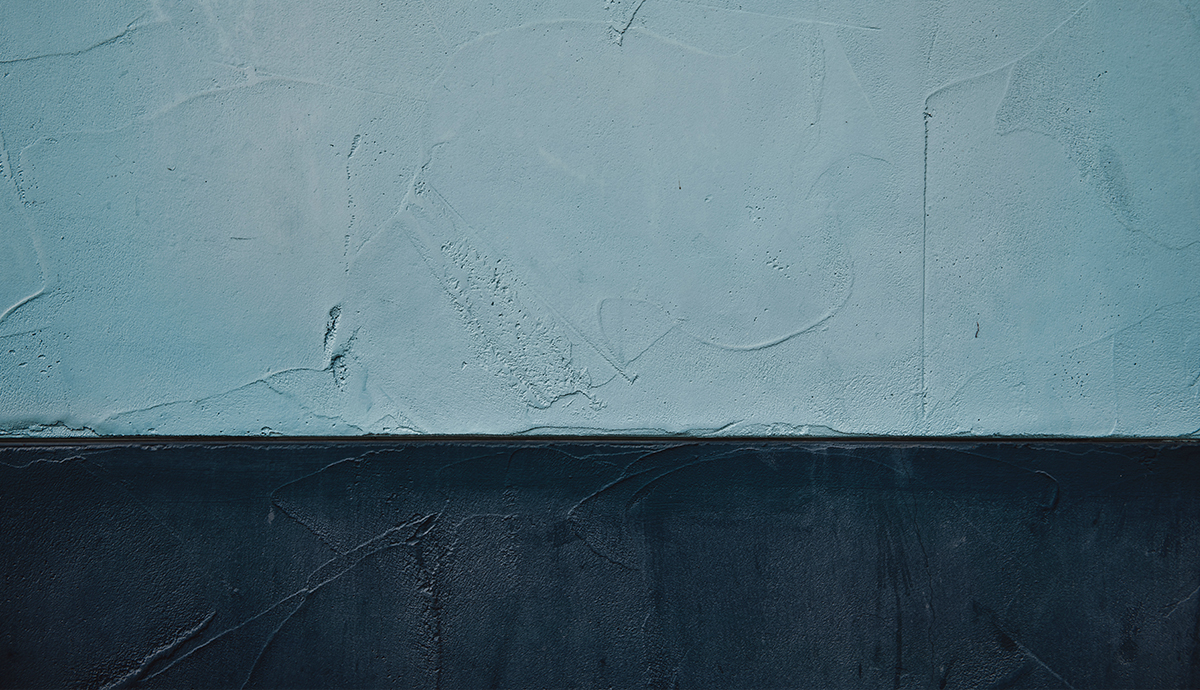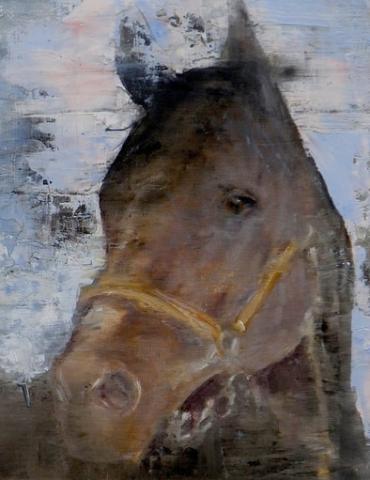I am one of those unlucky people to whom falling asleep does not come naturally. When I close my eyes, I am immediately beset by slews of thoughts—they fly in like volleys of tiny arrows through my bedroom window, finding me, pricking me, keeping me awake. However, I’ve learned that sleeping well (when I’m able to do it) contributes powerfully to my well-being—it smooths and brightens everything from my disposition to my complexion.
I’ve become a tyrant about falling asleep. My bedside lamp houses an expensive amber bulb, and my reading glasses are specially designed to filter out blue light. I have calming sprays and lavender sachets and a silk pillowcase and a high-tech eye mask woven with copper fibers. I make my boyfriend sleep under his own separate blanket so that his wildly burning metabolism doesn’t flood me with offcast heat like a furnace.
Once I begin to slip into that in-between state—still half-conscious, but not conscious of being conscious; that liminal phase that Yeats believed was the channel to Spiritus Mundi, in which the assaulting arrows become swirling clouds of milky cotton, battening down the mind, patting the body like a sand-cake into sleep—I dwell briefly in relief and triumph before the cozy deluge sweeps up and over and draws me into itself. What luck, what grace, what deliverance! The evening’s question has been answered—I will sleep enough tonight, and tomorrow will be a good day.
I don’t doubt that it is precisely the nature of this auspicious moment that makes it a conduit for those elusive, balanced, potent ideas which, if nurtured, can evolve into poems. That is what happened with “Fear of Horses.” I was almost asleep, and, apropos of nothing, out of Spiritus Mundi swam the title, fear of horses, and the critical repeating line: their size, their size, their size. And as if those two bits of text were chips of flint struck together, casting sparks, the potential for the poem—the fire that, if I so chose, I would be able to build and light—bloomed in my almost-fully-adrift consciousness.
These are the moments I spend my life waiting for. But to have one arrive at such an inconvenient time! Why couldn’t I have been doing the dishes, or walking to work, or browsing Instagram? Rupturing that gorgeous, longed-for membrane of sleep is so against my nature, so painful—it’s as if I’m acquiescing to have an orgasmic drug sucked back out of my system, leaving me shivering and sharply awake.
________________________________________________
“Fear of Horses” turned out to be a villanelle. When I teach poetry, I try to help my students understand why a poet might reach for one traditional form over another—or why one might reach for a traditional form at all—in a unit that explores the relationship between form and content. For instance, the sestina, with its absurdly specific end-word patterning, is a useful form for a poem that attempts to evoke the suffocation of an inordinately closed system (the perfect example is Elizabeth Bishop’s “Sestina,” which doubles down on the blank strangeness of the sealed family unit). The villanelle, dominated by the frequent repetition of entire lines and a cyclical, unvarying rhyme scheme, is a useful form for a poem about obsession—by its very nature, a villanelle reeks of psychosis and phobia (the perfect example is Sylvia Plath’s “Mad Girl’s Love Song:” I close my eyes and all the world drops dead / I think I made you up inside my head).
Teaching poetry is both exhilarating and maddeningly difficult. On the one hand, it’s the thing I know the best and love the most. But not a day in the classroom goes by when I don’t remember the words of the poet Li-Young Li, who I once saw asked about teaching during a Q & A. He said, “Teaching is like, you get up in front of the room, and you open a vein.” Here he made a horrific swift movement miming the slash of a razor blade across his exposed wrist. Then he held his arm, pouring pretend blood, out towards the audience. “And some of them catch it in a thimble, and some of them catch it in a bucket, and some just watch you bleed.”
Another of my teaching talismans comes from “Paganism” by Annie Dillard:
How many of you, I asked the people in my long-ago class, how many of you want to give your life to be writers? ... (You, Nick? Will you? Margaret? Randy? Why do I want them to mean it?) And then I tried to tell them what the choice must mean: You can’t be anything else. You must go at your life with a broadax… they had no idea what I was saying… They thought I was raving again. It’s just as well.
In late fall of the year that I wrote “Fear of Horses,” teaching did bring one luminous, memorable offering. My students came to a reading that I gave. The following week, at the end of class, a boy approached me as we were all gathering our belongings to leave the room. “I just wanted to tell you that I really liked your reading,” he said. He wasn’t a dull boy, but he definitely wasn’t about to give his life to be a writer—he wanted to be a doctor, and he was taking Creative Writing because he liked science fiction. I smiled and thanked him politely. But he went on. “That one with the horses,” he said, and his eyes started shining like wet drops of oil-slicked tar. “I can’t stop thinking about that one with the horses. And that word you used… exophthalmic.” Then, to my eternal surprise and pleasure, he recited: “The dripping from their exophthalmic eyes...” He said the line shyly, but with relish.
What a fool I am, that the littlest return on such a massive investment—the staking of a whole entire life—can make it all suddenly worth it. The opened vein, the groggy mornings, and every single day, the whispered fallout of the choice: I could have been a high-powered woman. I could have been a prima ballerina. I could have been rich.
If sleep is a sweet daily gift, those lines from the dark—that tinder, those sparks—are a rare and prodigious endowment. I know all about this choice. It doesn’t get any easier, but I’ve been making it for years. You can’t be anything else, I tell myself, hauling my poor cradled brain out of the drenched socket of unconsciousness, flipping the switch of my amber lamp and reaching for the pencil I keep on my bedside table. You can’t be anything else. Not a rock star. Not a teacher. Not even asleep.




